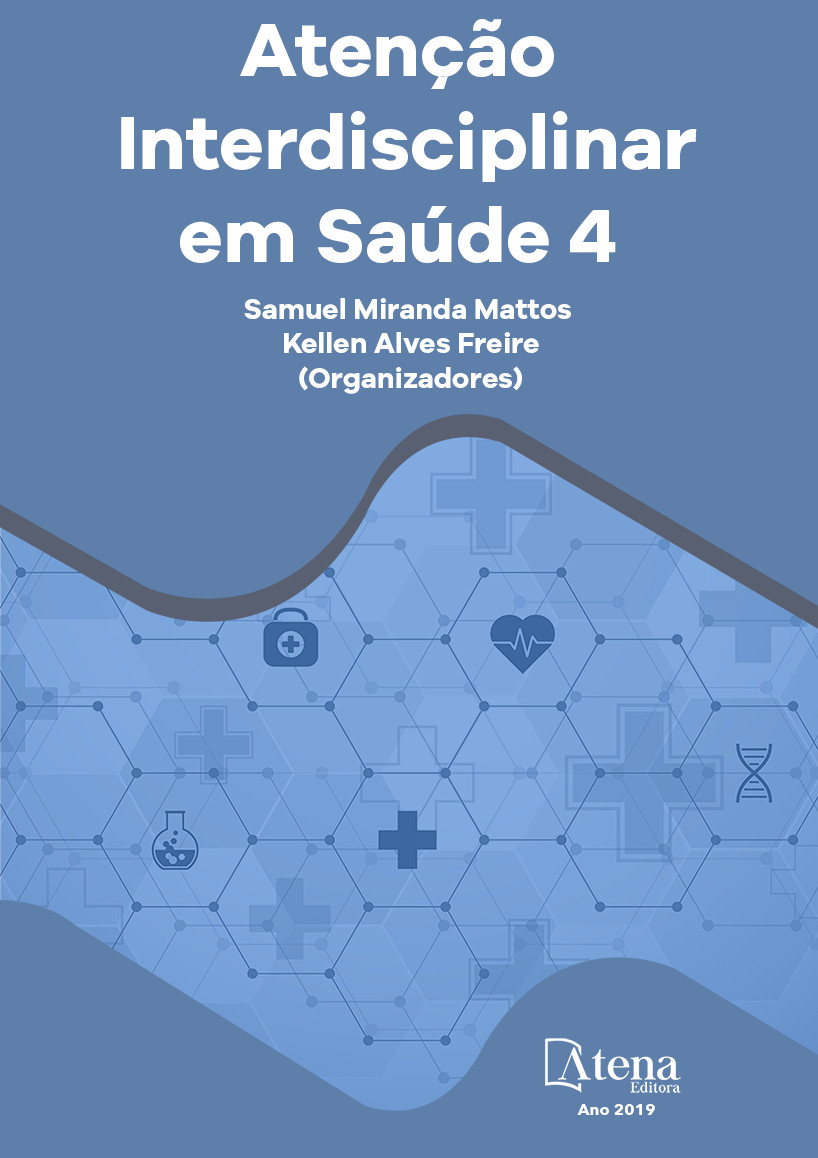
ESTRATÉGIA SAÚDE DA FAMÍLIA E RELAÇÃO À IMUNIZAÇÃO DE MENINGITE NO SUDESTE BRASILEIRO
A Estratégia Saúde da Família entra
em campo da atenção primária para não só
tratar, mas promover saúde (como exemplo,
na vacinação). Meningite, uma afecção
potencialmente letal que compromete as
membranas que revestem o sistema nervoso
central, possui uma série de etiologias, muitas
com vacinas disponíveis. Então, o objetivo
do presente artigo é quantificar o número de
equipes de Estratégia Saúde da Família e
relacionar esse dado com a quantidade de
imunizações para meningite realizadas na
região Sudeste do Brasil entre 2008 a 2018,
observando se há relação entre equipes de ESF
e o aumento de imunização dessa patologia.
Resultados: Durante o período estudado, houve
um aumento de 50,62% (n=2.387) no número
de equipes de ESF no Sudeste brasileiro Foi
observado uma média de 4,62% mais equipes
ao ano. Em relação às vacinas, foi observado
aumento de 451% nas imunizações anuais
em relação ao primeiro e último ano estudado
(n=8.541.774), porém a relação entre o ano
de pico de imunizações e o último ano observado, houve diminuição de 20% nas
vacinações (n=2.602.526). O decréscimo não foi gradual, ainda que tenha alcançado
média de 4,09 % menos doses aplicadas por ano ao final do período. Então, foi
observado que o número de equipes de Estratégia Saúde da Família aumentou, em
conjunto com o número de imunizações/ano. Porém, enquanto a curva de crescimento
das equipes foi crescente, a curva de imunizações decresceu nos últimos 4 anos do
estudo, embora a quantidade de doses aplicadas tenha se mantido acima da inicial.
ESTRATÉGIA SAÚDE DA FAMÍLIA E RELAÇÃO À IMUNIZAÇÃO DE MENINGITE NO SUDESTE BRASILEIRO
-
DOI: 10.22533/at.ed.64219131114
-
Palavras-chave: Integralidade em Saúde; Programas de Imunização; Prevenção Primária; Pesquisa sobre Serviços de Saúde.
-
Keywords: Integrality in Health; Immunization Programs; Primary Prevention; Health Services Research.
-
Abstract:
The Family Health Strategy (FHS) enters the field of primary care to not
only treat but promote health (as an example in vaccination). Meningitis, a potentially
lethal condition that compromises the membranes lining the central nervous system,
has a number of etiologies, many with vaccines available. Thus, the aim of this article
is to quantify the number of Family Health Strategy teams and relate this data to the
number of immunizations for meningitis performed in the Southeast region of Brazil from
2008 to 2018, observing if there is a relationship between FHS teams and increased
immunization of this condition. During the study period, there was an increase of 50,62%
(n = 2.387) in the number of FHS teams in Southeast Brazil. An average of 4,62% more
teams per year was observed. Regarding vaccines, there was a 451% increase in
annual immunizations compared to the first and last year studied (n = 8,541,774), but
the relationship between the peak year of immunization and the last year observed,
decreased by 20% in vaccinations (n = 2,602,526). The decrease was not gradual,
although it reached an average of 4.09% less doses applied per year at the end of
the period. Then, it was observed that the number of Family Health Strategy teams
increased, together with the number of immunizations/year. However, while the team
growth curve was increasing, the immunization curve decreased in the last 4 years of
the study, although the amount of doses applied remained above the initial one.
-
Número de páginas: 9
- Letícia Oliveira de Menezes
- Otávio de Oliveira Marques
- Guilherme Kirst Morello
- Joana Schwening da Silva
- Rafael Pelissaro
- Sandra Aita Boemo
- Leandro Diesel
- Lucas Rodrigues Mostardeiro
- Vanize Priebe Sell
- Acauã Ferreira da Cunha
- Rafaela Paulino
- Guilherme Pitol


